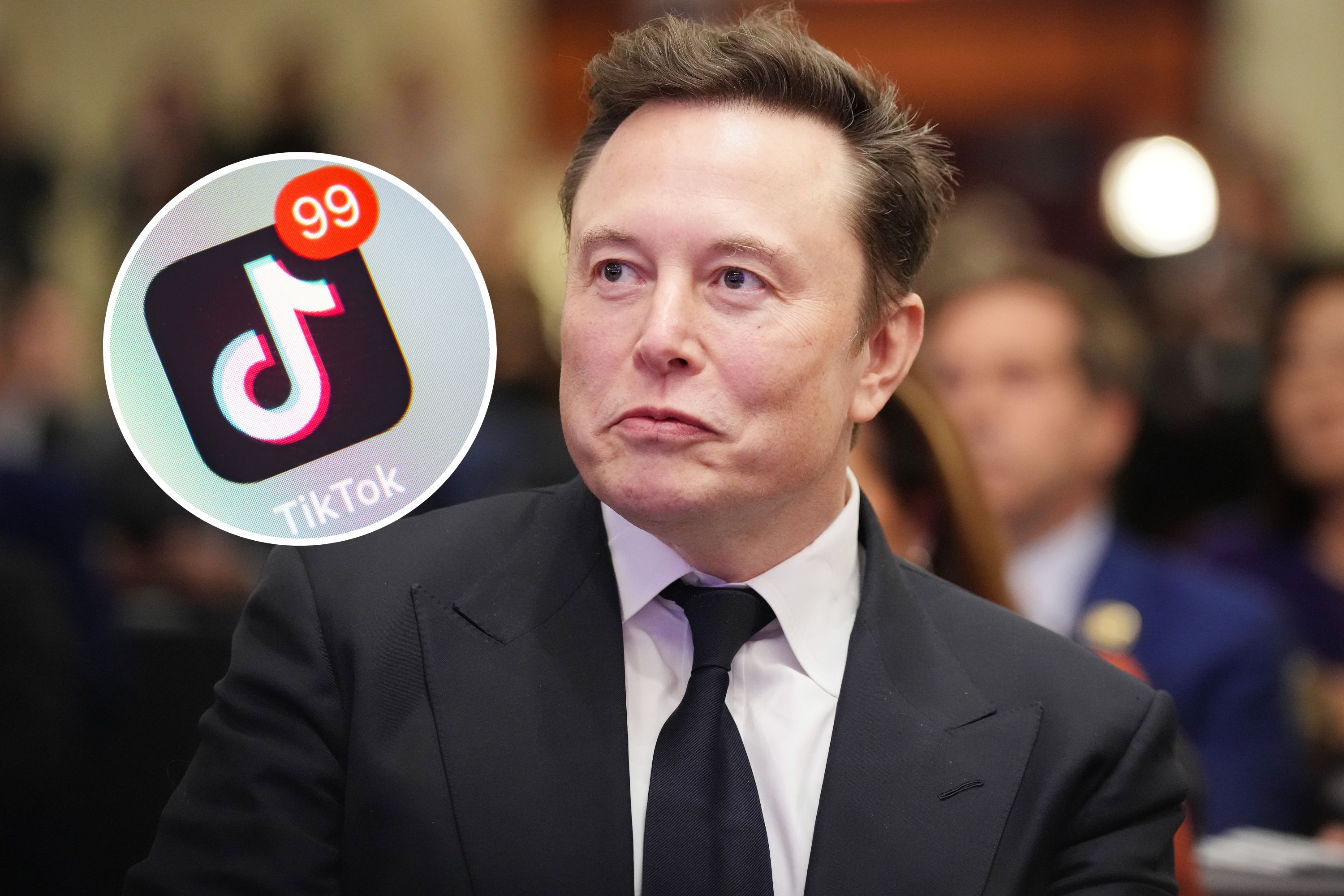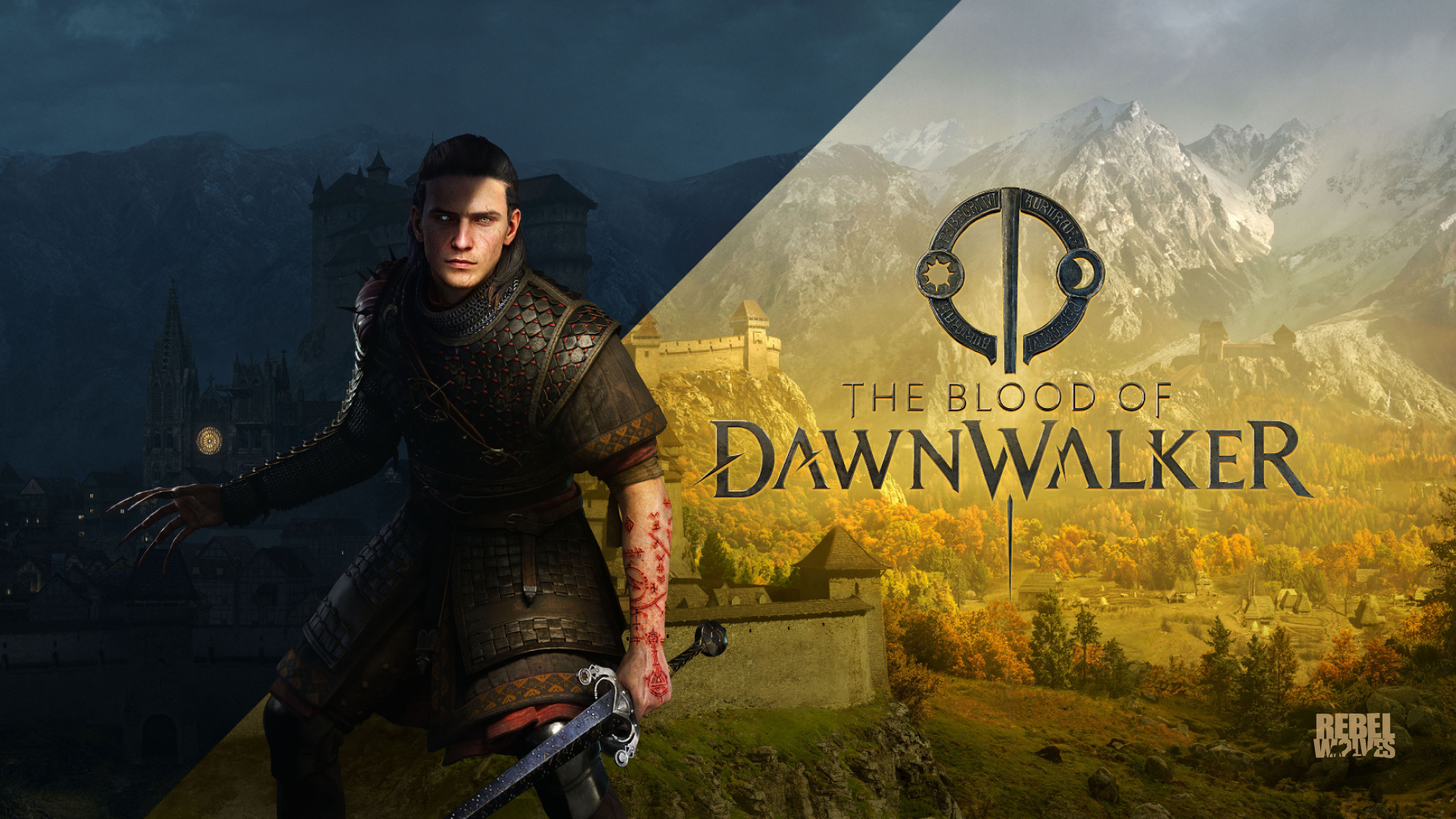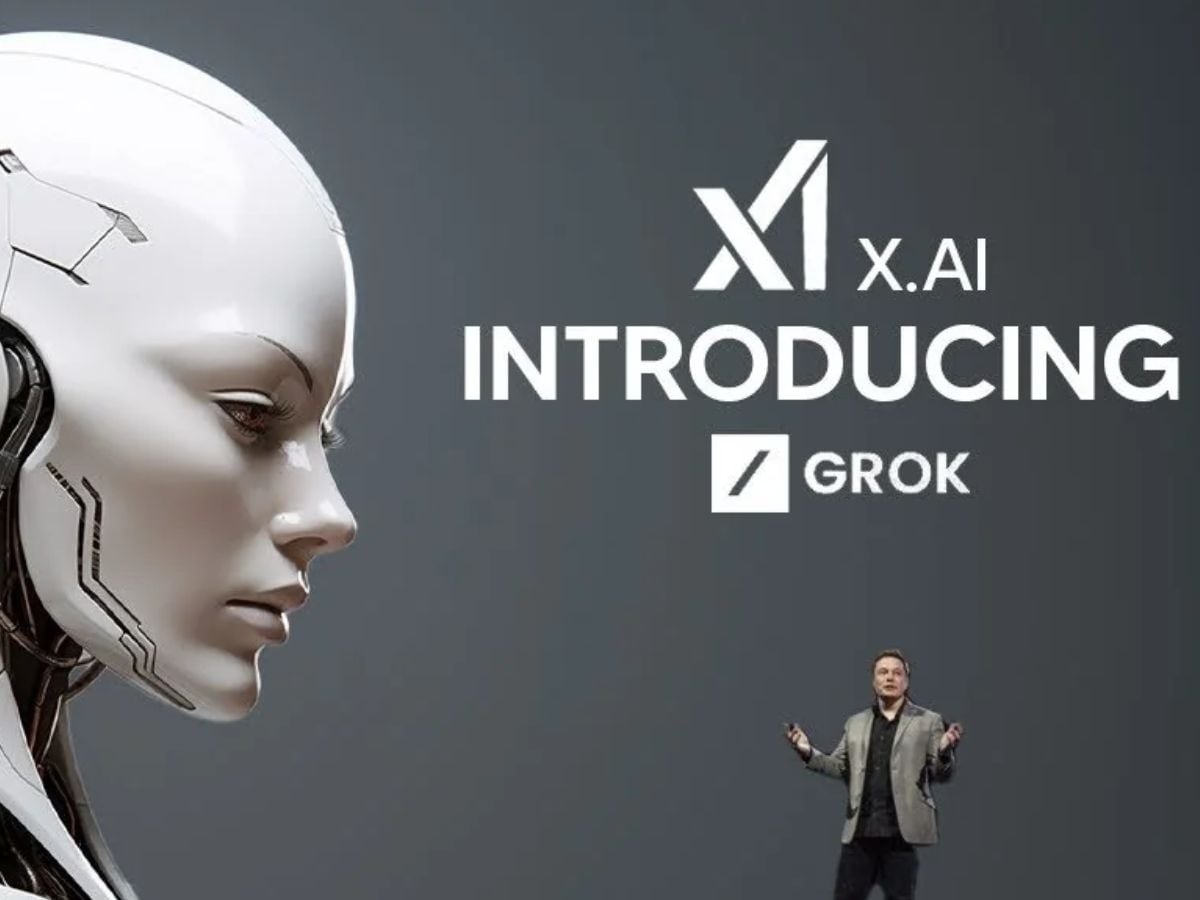ChatGPT's new search functionality, launched on October 31, has ignited discussions about its potential to disrupt the search engine market long dominated by Google.
With real-time access to web information and the ability to provide conversational answers complete with direct citations, could ChatGPT be the long-awaited "Google killer"?
"I'm not sure if I'd say it will be a Google search killer, but I think large language models and modern AI are going to change search as we know it, and they already have," Professor Barry Smyth, computer science professor at University College Dublin and technology entrepreneur, told Newsweek.
"Microsoft's Bing has already incorporated various AI features, so you can summarize search results, for example. That partnership between OpenAI and Microsoft had influenced search for a number of months now."
OpenAI touts its search as perhaps going a step further, describing the new search feature as a blend of "the benefits of a natural language interface with the value of up-to-date sports scores, news, stock quotes, and more." Previously, depending on the model, the GenAI chatbot was only trained on data with a cutoff point between 2021 and 2023.
ChatGPT decides when to search the web based on the type of user query, or users can manually initiate a search by clicking the web search icon. The feature is currently available to ChatGPT Plus and Team users, with plans to roll it out to all free users over the coming months.
"I think it's interesting now that ChatGPT is presenting itself as a search engine of sorts," Smyth said. "I fully expect that Google will counter that by incorporating their large language model and similar sorts of features in traditional Google search."
One of the features that will challenge Google search is ChatGPT's conversational, natural language responses with direct citations. This allows users to engage in follow-up questions within the same context, potentially making the search experience more intuitive.
"If you have a more generalized query, and you expect it's going to involve a more protracted conversation with the search engine, then maybe ChatGPT is a good place to try," Professor Smyth suggested. "But if you're looking for some narrow piece of information that exists in a few web pages, you're still probably better off going to Google and Bing to look for that."
However, concerns about the accuracy of AI-generated responses, known as "hallucinations," remain.
"The hallucination thing is always hanging over you [when you use ChatGPT], but on the positive side, at least now you're seeing the sourcing information through the search results," noted Smyth.
"I think probably there is the potential for ChatGPT to improve at least some of our information-finding experiences. But individuals should still be mindful that they need to be responsible and need to interpret these things carefully, and understand what they're looking at."
Smyth emphasized the importance of user responsibility in the evolving landscape of AI-powered search.
"I think that's one of the failings of the modern AI era; that we're not always helping people to use these tools effectively," he said. "And so inevitably, people just think, 'Of course, they must work. Someone told me that this was $100 billion worth of kit, so surely it's accurate.'"
While it hasn't gone in fully on replacing how traditional search results are displayed, ranked and linked to, Google has its own generative AI summary aide, AI Overviews, which rolled out earlier this year across the U.S., powered by its custom Gemini model.
This feature provides short, AI-generated summaries at the top of search results. These overviews aim to quickly answer user queries for those who don't need to click further for more depth.
This integration of AI Overviews appears to have positively impacted user engagement and advertising revenue. Alphabet's third-quarter earnings report highlighted increased user interaction with AI Overviews, contributing to a 12 percent growth in ad search revenue, totaling $49.39 billion.
"I imagine that you will find [AI-generated] search summaries become fairly standard," he said. "How they'll be incorporated into the interface, I'm not sure. It might be the case that Google will [eventually] introduce a conversational version of web search, which is similar to ChatGPT search, as an alternative interface."
As AI continues to reshape how we access information, the question might not so much be 'Did ChatGPT search just kill Google?' but 'Will Google search become more like ChatGPT?'
"At the end of the day, what people are interested in is their search needs being fulfilled in as good a way as possible," said Smyth, adding that ChatGPT "won't necessarily kill Google Search; Google will be moving in this direction itself."




















 English (US) ·
English (US) ·